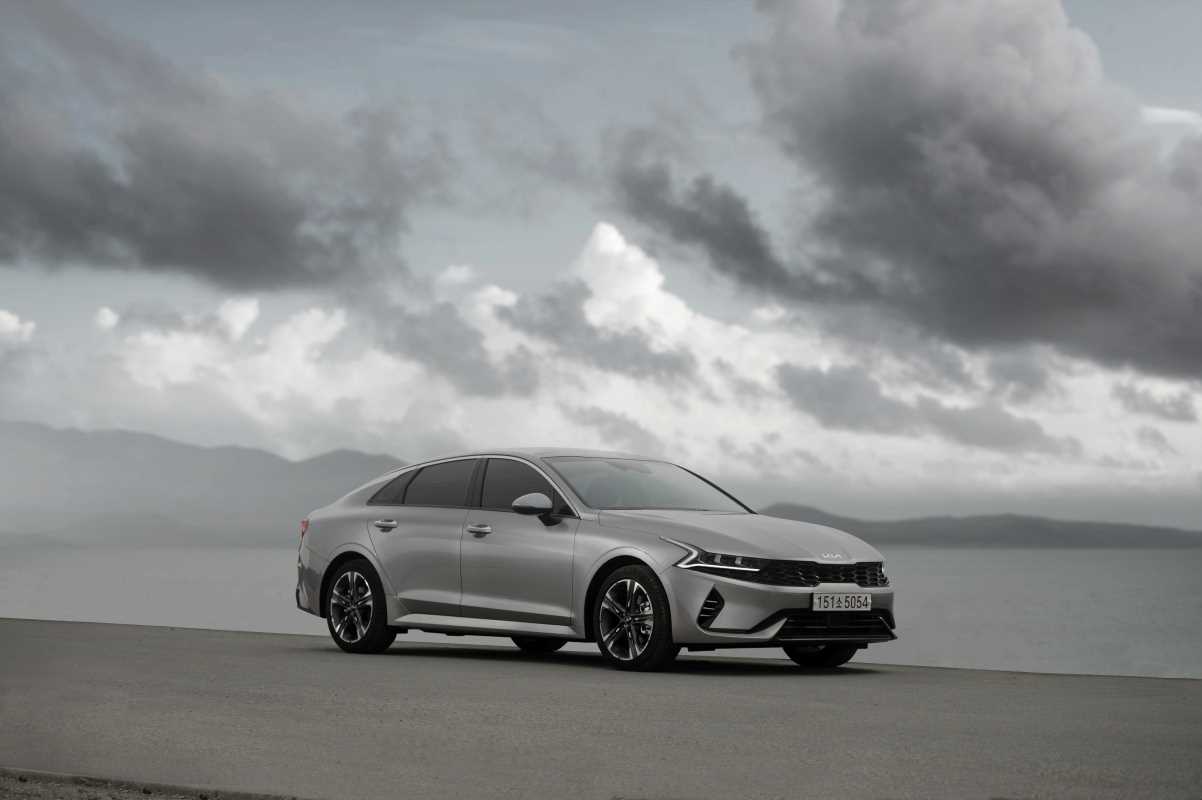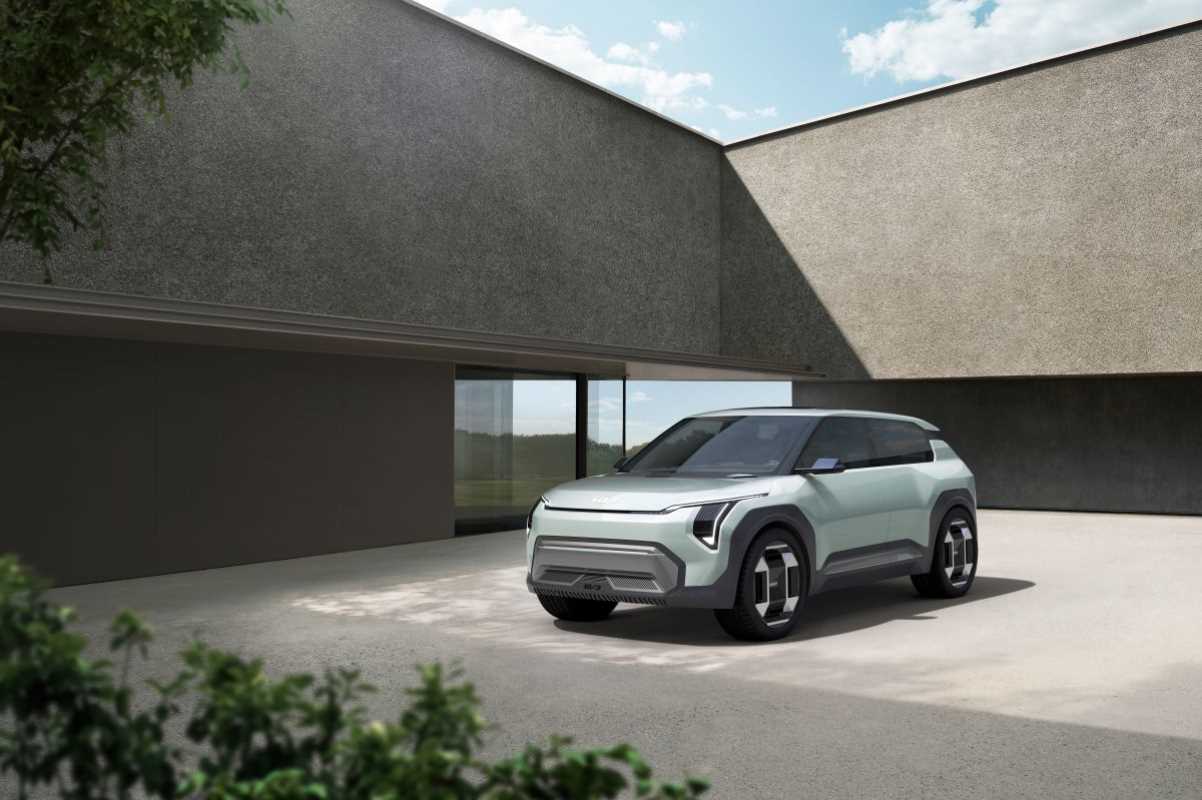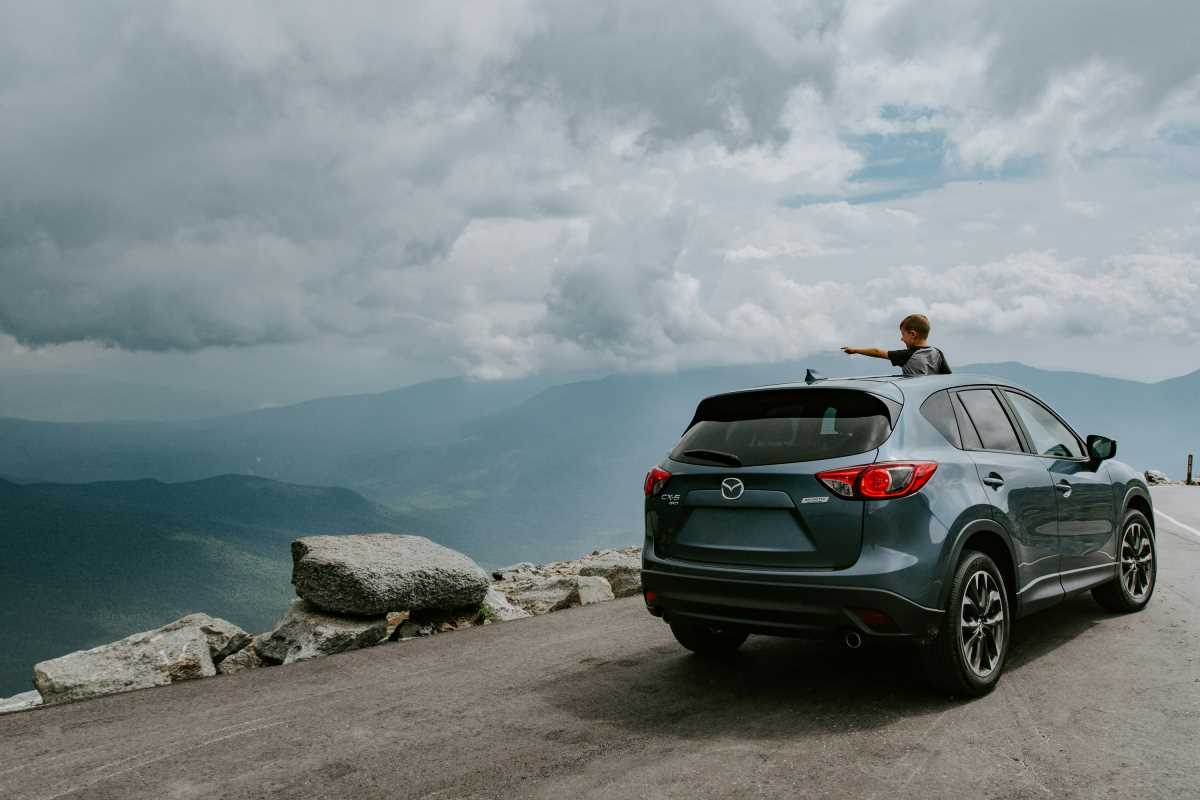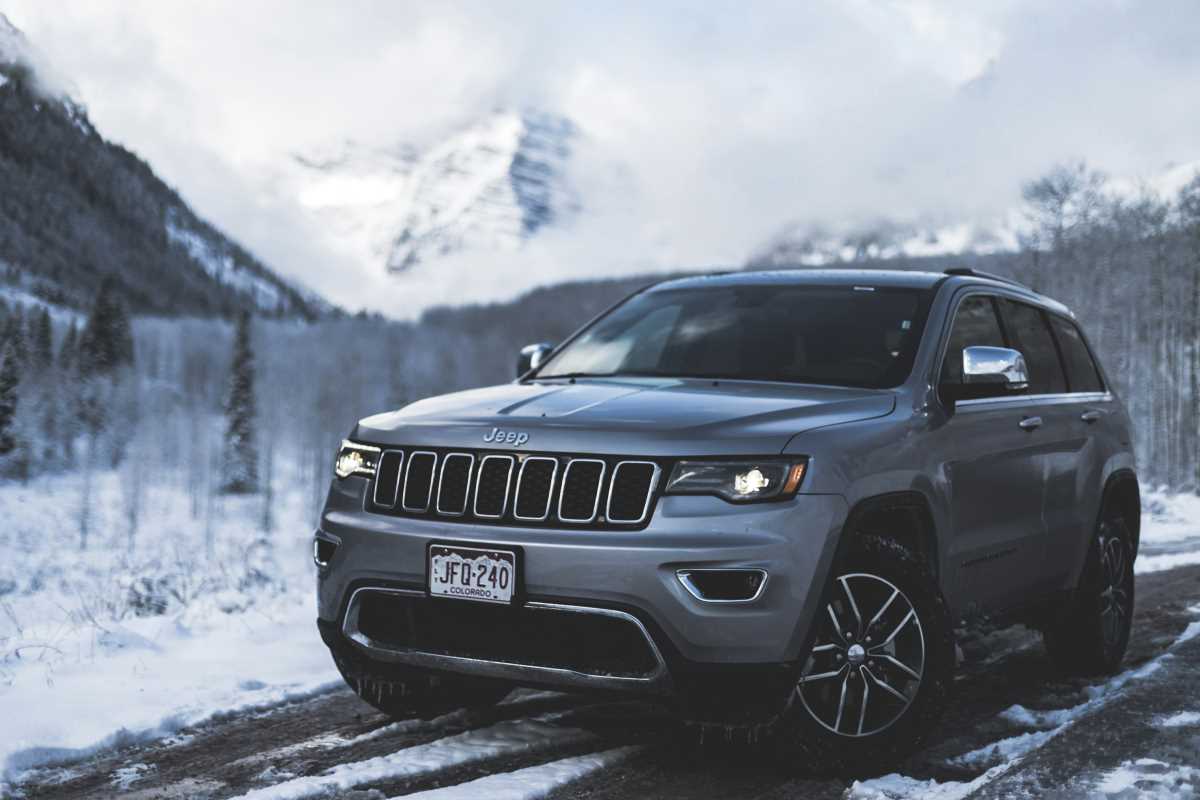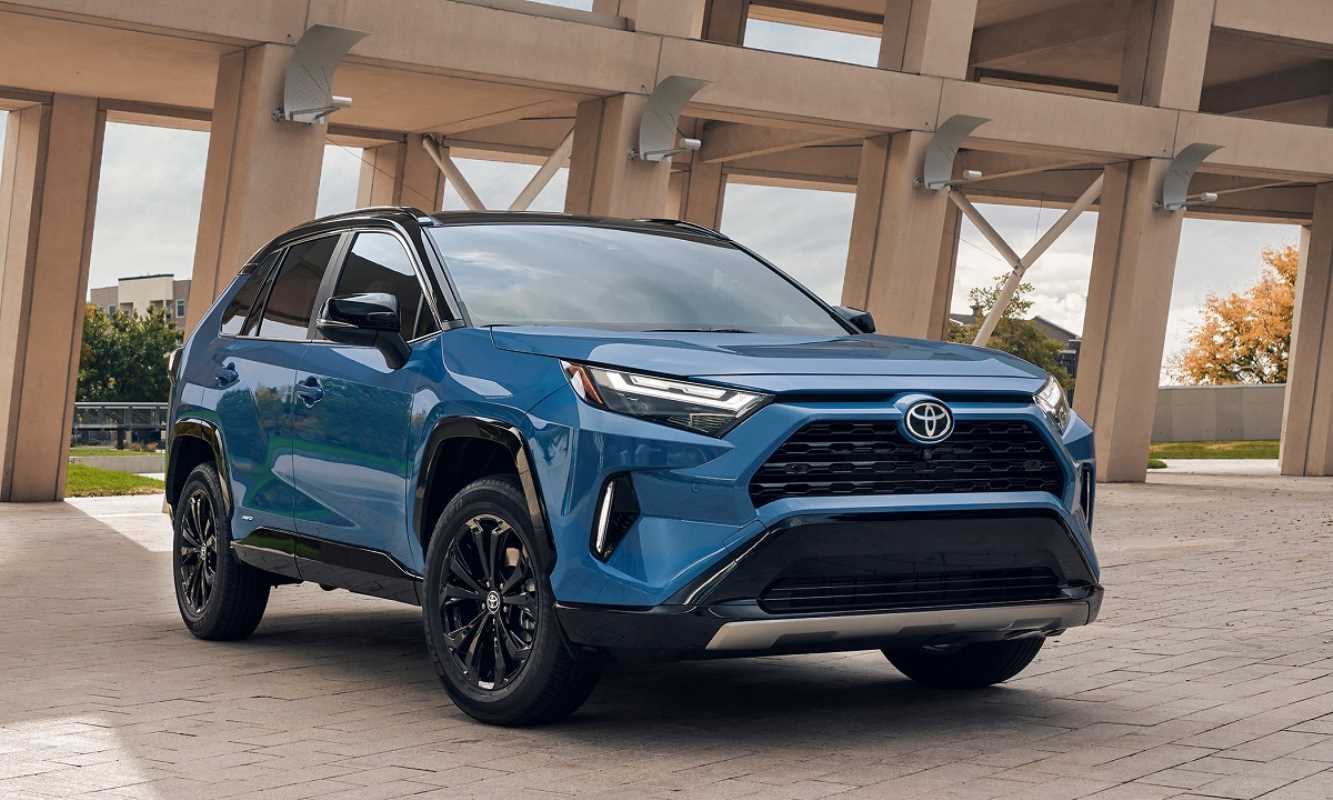What if the loudest car on the block was no longer the coolest? The world of high-end automotive is undergoing a seismic shift, and the lineup of 2025 cars proves it. This year isn't just about adding more horsepower; it's a battleground where electric torque challenges V12 screams, and legendary nameplates are being completely reinvented for a new era of speed.
Electrifying Performance: The New Breed of 2025 Cars
For years, the electric conversation was dominated by practicality and range. Now, it’s all about raw, unadulterated performance. The most exciting performance cars of 2025 are plugging in, and they’re not apologizing for it.
Porsche is making one of its boldest moves yet. The iconic 718 Boxster and Cayman, long celebrated for their mid-engine balance and boxer-engine symphony, are going fully electric. Production for these next-generation EVs starts in 2025, promising to translate Porsche’s legendary handling dynamics into a new, battery-powered format. This isn't just an electric car; it's a statement that the soul of a sports car can thrive without gasoline.
Even the most traditional Italian titans are embracing the change. Lamborghini is set to unleash the Temerario, the hybrid successor to the Huracán. It’s a monster, pairing a twin-turbo V8 that screams all the way to 10,000 RPM with three electric motors. The result? A combined output of 920 horsepower. It’s a brilliant blend of old-school drama and new-school tech, proving that hybridization is the new frontier for supercars.
Here’s a quick look at the electric wave:
- Chevrolet Corvette EV: An all-electric version of America’s sports car is on the horizon, promising to bring EV performance to a wider audience.
- Hyundai Ioniq 5 N: This car shocked the world. It’s an electric hatchback that behaves like a rally car, complete with simulated gear shifts and engine sounds. It’s a performance car that prioritizes fun over silent efficiency.
- Tesla Roadster: After years of waiting, the second-generation Roadster is slated for a 2025 launch. With claims of a 0-60 mph time under two seconds, it aims to rewrite the rulebook for hypercar acceleration.
A New Holy Trinity: The Ultimate 2025 Supercars
Do you remember the "holy trinity" of hypercars from a decade ago? The McLaren P1, Porsche 918, and LaFerrari changed the game by introducing hybrid power to the pinnacle of automotive performance. In 2025, their spiritual successors are arriving, and they are set to obliterate every record.
This is the most anticipated showdown in the world of supercars. Each manufacturer is bringing a unique philosophy to the fight.
Ferrari is preparing the F80, the long-awaited replacement for the LaFerrari. Rumors point to a hybrid twin-turbo V6, similar to the one in their Le Mans-winning race car, paired with three electric motors to produce a mind-bending 1,200 horsepower. It’s expected to be a technological tour de force, packed with Formula 1-derived tech.
Not to be outdone, McLaren is launching the W1. As the successor to the legendary P1, it has massive shoes to fill. The W1 will reportedly feature a bespoke hybrid V8 powertrain pumping out an astonishing 1,275 horsepower. McLaren’s focus has always been on lightweight engineering and driver feedback, so expect the W1 to be an incredibly sharp and responsive machine.
Rounding out the new trinity is Porsche, with an electric hypercar inspired by its stunning Mission X concept. While Ferrari and McLaren are sticking with hybrid power, Porsche is betting on a pure EV future for its top-tier machine. The goal is simple: to become the fastest road-legal car to ever lap the Nürburgring Nordschleife, a benchmark for all performance cars.
Premium Cars Blurring the Lines
You don’t need to spend seven figures to experience the thrill of 2025’s automotive advancements. The world of premium cars is seeing an incredible fusion of track-day capability and everyday usability.
Take the 2025 Ford Mustang GTD. This is not your average Mustang. It’s a $325,000, carbon-bodied, track-focused weapon with over 800 horsepower, designed to take on Europe’s best. Yet, despite its wild aerodynamics and race-car suspension, it’s been engineered to have a surprisingly compliant ride on public roads. It represents a new breed of car that offers supercar performance without the typical supercar compromises.
On the luxury front, brands like Lucid continue to impress with the Air sedan. It combines a road-trip-conquering range of over 500 miles with acceleration that can humble dedicated sports cars. It’s a prime example of how premium cars are leveraging EV technology to deliver a new kind of luxury—one defined by silence, seamless power, and cutting-edge interior tech.
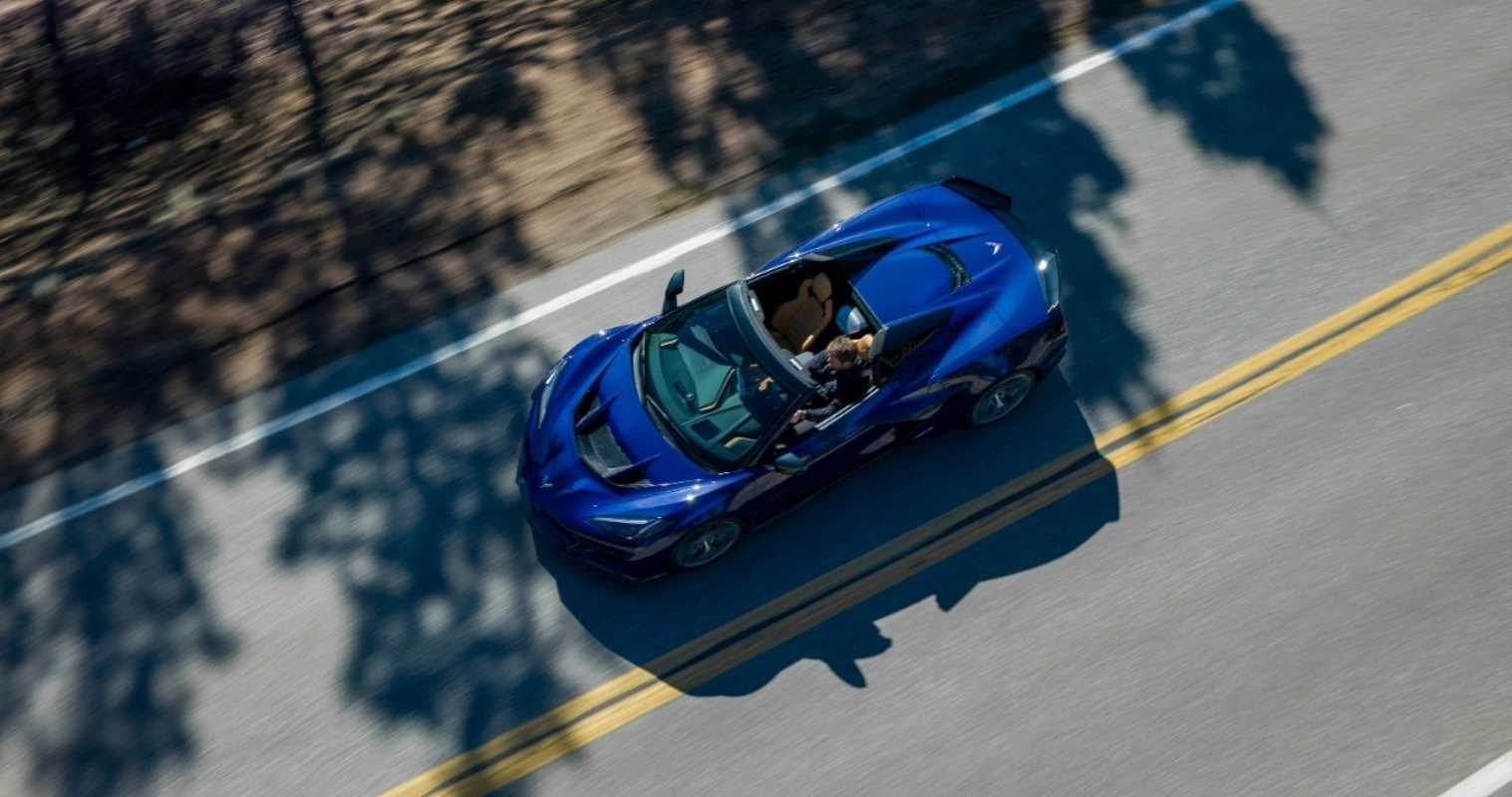 (Image source: General Motors)
(Image source: General Motors) 
